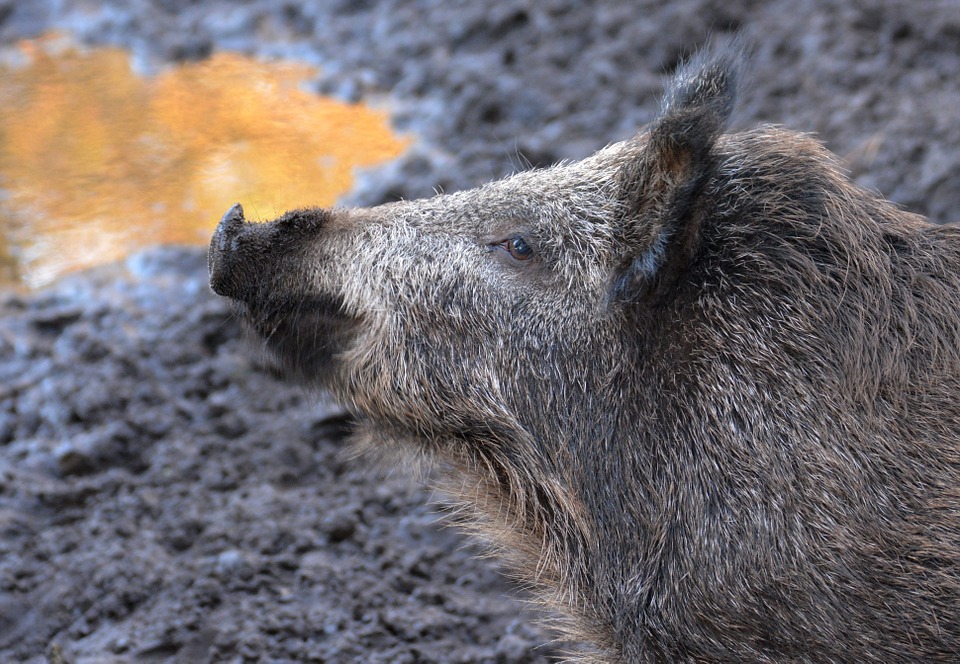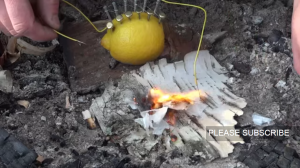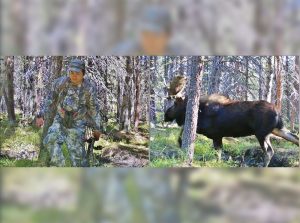San Antonio – Texas Wildlife Association (TWA) recognizes the ecological and agricultural damage that feral hogs create across Texas. As such, TWA is a staunch proponent of effective and responsible control of feral hog populations. However, the recent announcement by the Texas Department of Agriculture approving the use of a Warfarin-based feral hog toxicant is cause for concern.
Warfarin has a highly variable lethality, often taking several days before eventual death. This creates opportunity for Warfarin to reach non-target species, including carnivores who prey on poisoned animals, carrion feeders that consume poisoned carcasses, and even humans who harvest and consume poisoned animals.
The proposed commercial Warfarin-based feral hog toxicant, Kaput Feral Hog Bait, carries a label requiring several practices that TWA finds concerning and impractical.
RELATED: Texas Ag Chief Approves Pesticide to Target Wild Pig Populations
First, the “Environmental Hazards” statement on the label notes possible toxicity to fish, birds, and other wildlife. The “Bait Application” statement requires collection and disposal of spilled bait around the feeders every 1 to 4 days. Both of these statements taken in context with a bait delivery apparatus that is easily defeated by wildlife other than feral hogs lead TWA to believe there is real risk of non-target species consuming Warfarin. Likely non-target wildlife would include small mammals and birds, which could in turn be consumed by other mammal, bird, and reptilian predators or scavengers.
Second, the “Surveillance and Follow-up” requirements recommend disposal of the poisoned carcasses by burial or other methods to ensure they are not accessible to scavengers. The length between consumption of poison and death (several days) makes this effectively impossible, virtually ensuring non-target species impact.
Taken in whole, TWA believes the use of a Warfarin-based feral hog toxicant as proposed poses far too great of a risk to the wildlife ecology of our great state. TWA also sees a potential for public concern over real human health risks having a chilling effect on hunting participation and other feral hog control methods such as trapping for commercial processing.
We strongly urge further scientific review and transparent due diligence before proceeding with the use of any Warfarin-based toxicant for feral hog control purposes. Accordingly, TWA supports bills recently filed in the Texas Legislature (SB 1454 and HB 3451) that seek to mandate such a review process.
About Texas Wildlife Association
TWA focuses its mission on private landowners and their ethical relationship to the land, and TWA concentrates on issues relating to private property, hunting and hunter rights, and conservation of our natural resources.
TWA is governed by a Board of Directors, four statewide Officers, and an Executive Committee. The organization’s headquarters office is located in San Antonio, Texas. TWA has three main program areas: Conservation Legacy (youth and adult education), Hunting Heritage (Texas Youth Hunting Program and Texas Big Game Awards), and Issues and Advocacy.
The future well-being of wildlife, game, nongame and rare species depends upon private landowners’ commitment to habitat. They are the real stewards of the land in their care. Motivated by what Aldo Leopold called a land ethic, enabled by sustainable markets and incentives, and nurtured by their association with the entire land, hunting and conservation communities…private landowners in Texas are achieving real conservation results.




